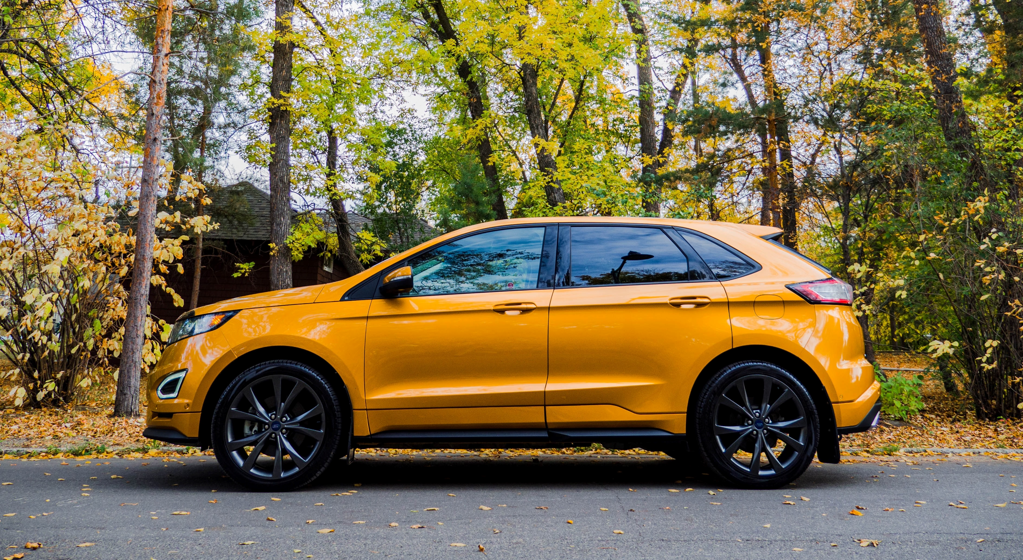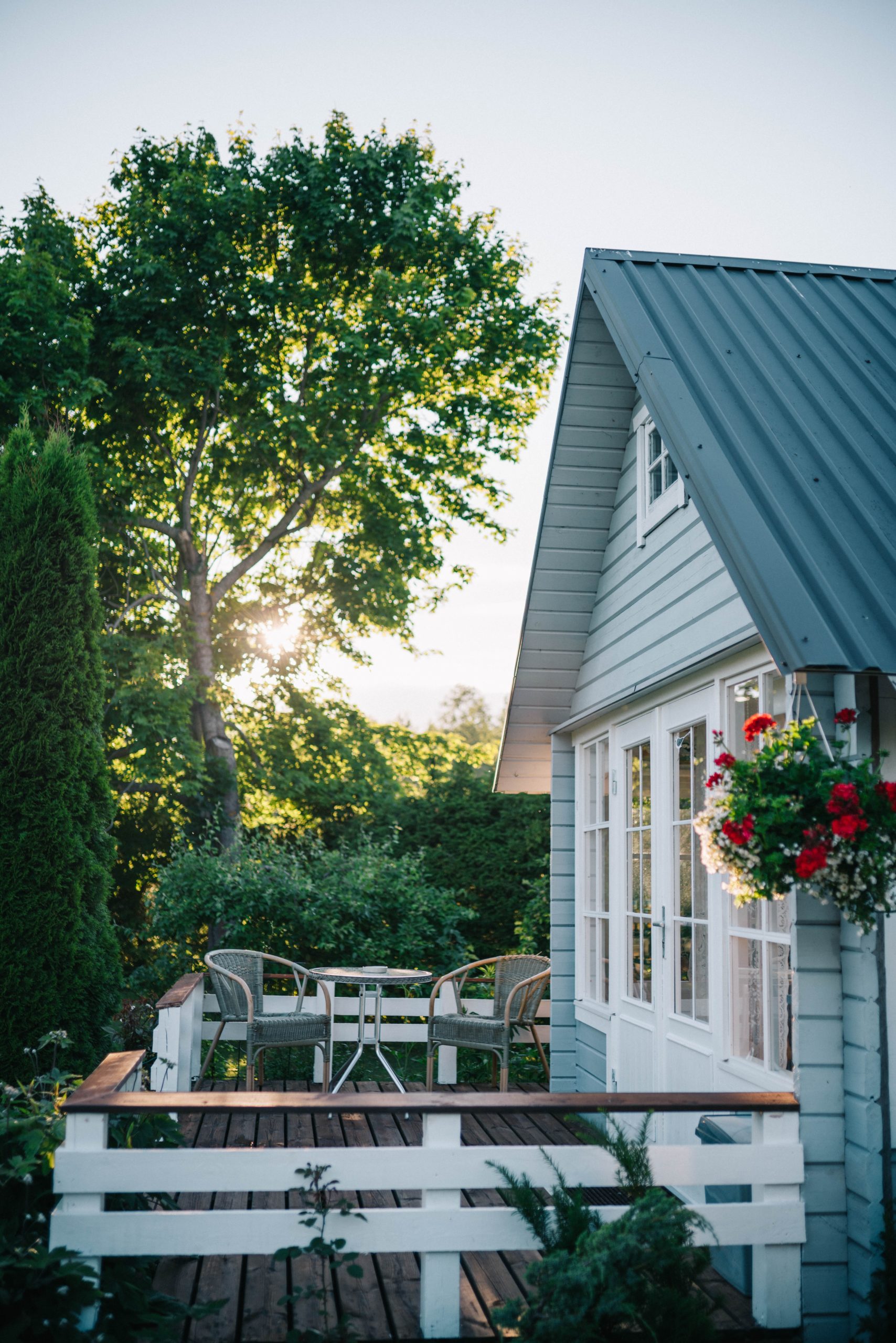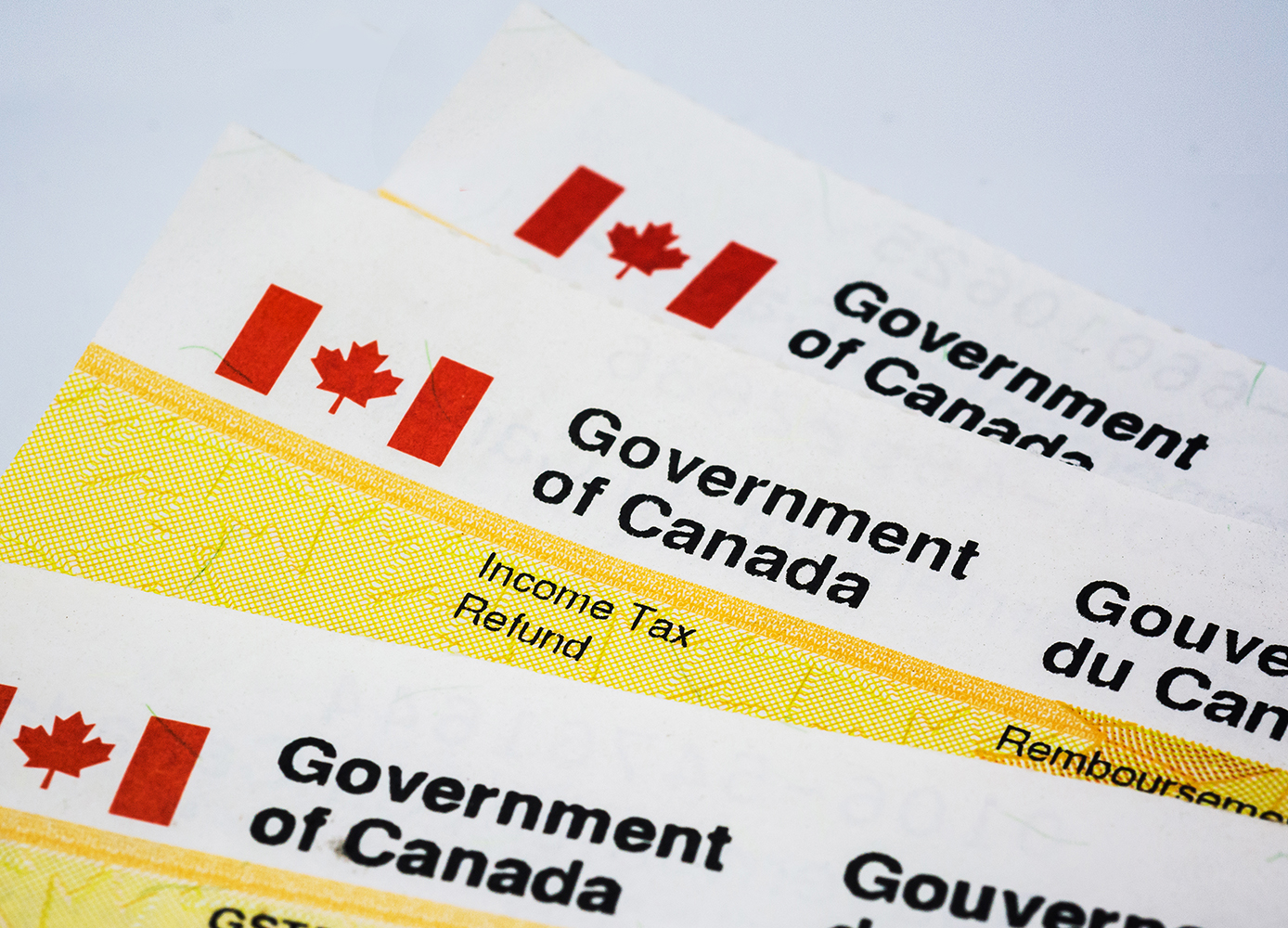The answer depends on your needs and preferences
A popular regular feature in Good Times magazine is “Your Questions,” where Olev Edur provides answers to questions from our readers regarding their rights, personal finance, and estate planning. Here’s one on deciding whether to lease or to buy a car.
Q. My husband and I will both be retiring in December, and we’re thinking of buying a new car so we don’t have to worry about repair bills in the future. We recently spoke with friends of a similar age who replaced their cars, and they suggested that we lease rather than buy our next vehicle. Do you have any views on this? Is it better to lease or to buy a car?
A. It depends on what you mean by better. The basic advantage of leasing over buying is that you can get a new car at a lower monthly cost than would be the case if you tried to buy that same car outright. At the end of the lease period (typically three or four years), your commitment ends and you can just return the car and walk away.
The downside is that at the end of the lease period, you’re left with nothing, whereas when you buy, you can keep the car after it has been paid off. You could, of course, buy the car you leased (at the stated buyback value) at the end of the lease, but you may find that the total cost—lease payments plus the buyback—will be higher, possibly much higher, than if you had bought the car to begin with.
The choice depends primarily on whether you want to keep the car for a long time, or whether you really prefer to be driving a relatively new car at all times. If you can be happy with the same car for many years, and especially if you don’t do a lot of driving (such is often the case for retirees who no longer have that daily commute), then buying is almost certainly going to be cheaper over the long haul.
On the other hand, if you do want to be driving a newer car at all times, then leasing may be more cost-effective than buying, because if you buy a car and then three or four years later want to trade it in to buy a new car, the trade-in value will be much lower than what you originally paid, and you’ll be back to square one as far as financing a new car goes.
Of course, all cars gradually require more and more repairs over time and at some point may start to cost more on a monthly or yearly basis than a new car would. If you’ll be doing a lot of driving, that point may come as soon as five years down the road; if you don’t drive a lot, repairs may not become a major concern for 10 or 15 years, possibly even longer. It depends on how much driving is involved, as well as on the reliability of the particular car you’re considering, but cars in general are becoming more and more reliable—some people are able to keep the same old beater going for 20 years or more without any big repair bills, in which case the purchase option would end up being far cheaper than re-leasing every few years.
In the final analysis, it comes down as much to your personal preferences as to cost, and there is no better arrangement in every case. Since car leasing and buying costs can vary dramatically, depending on the vehicle in question, you’ll need to work through the exact numbers in each specific case, taking into account how long you want to keep the car, as well as the total costs of the lease (including downpayment, taxes, etc., as well as buyback value) and the total cost of buying (including anticipated repair costs based on your driving habits and car reliability).
Once you have a handle on the relative costs, you can decide for yourself whether the premium you pay for leasing is acceptable to you, or whether you’re okay with driving an older car until it dies in order to save yourself a lot money over the long run.
Photo: iStock/undefined.






